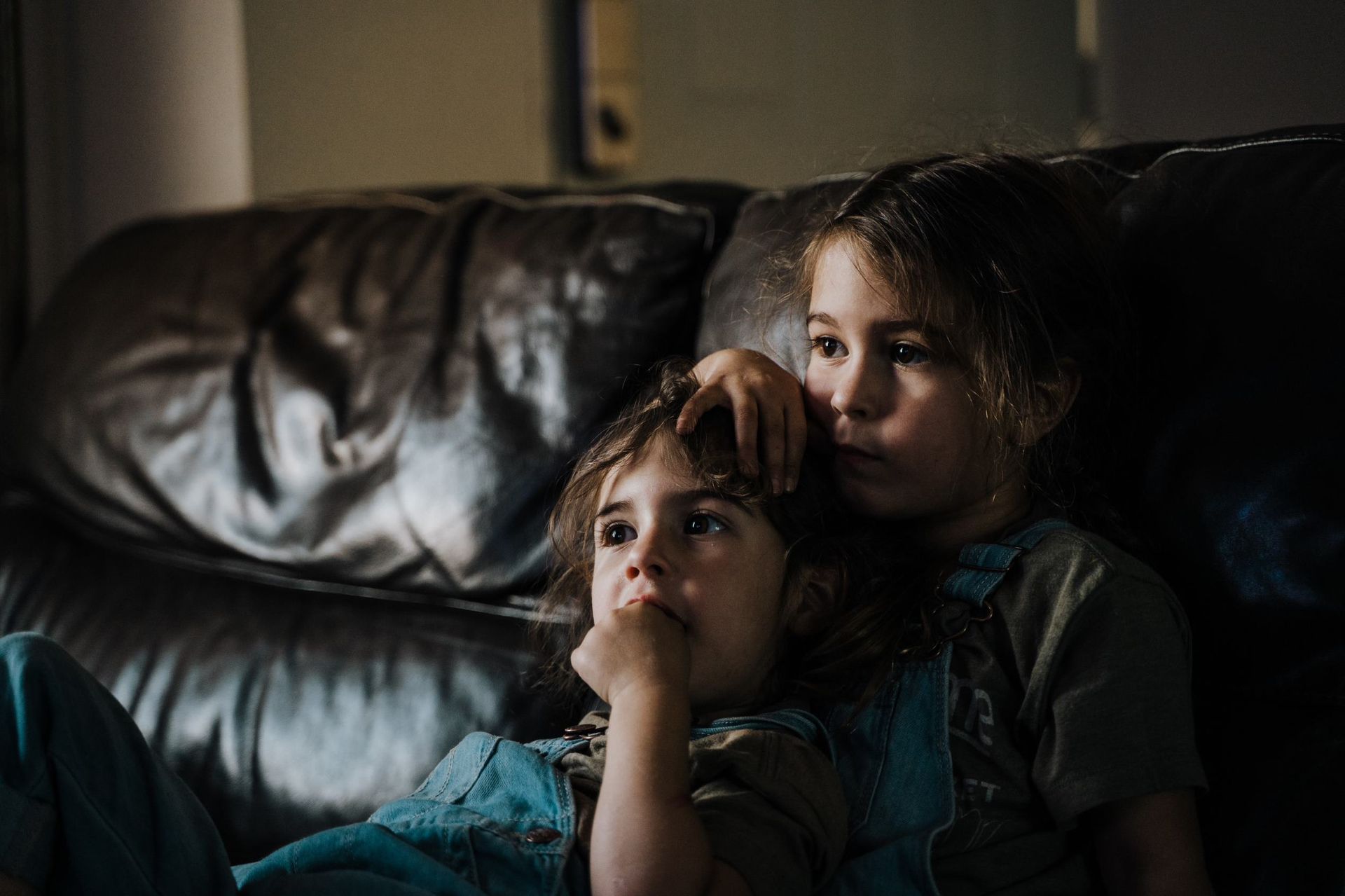All posts
Signs of Domestic Violence in Children
Symptoms associated with children’s exposure to violence can be hard to spot. Child abuse and neglect isn’t just about bruises and other visible marks. Nonphysical abuse can be just as damaging for a child, as can witnessing abuse between other members of the home. Experiencing and/or witnessing domestic and family abuse can seriously harm a […]


Symptoms associated with children’s exposure to violence can be hard to spot. Child abuse and neglect isn’t just about bruises and other visible marks. Nonphysical abuse can be just as damaging for a child, as can witnessing abuse between other members of the home.
Experiencing and/or witnessing domestic and family abuse can seriously harm a child’s health, development and dignity. Every child from an abusive home is abused, whether the abuse is directly targeted at them or not.
RAQ Clinical Supervisor Karen Marshall explains, “Friction or conflict between parents/caregivers can contribute considerably to anxiety in children.”
We list some of the signs of domestic violence in children of all ages and how to report child abuse here.
It’s important to remember that all children and young people develop differently and may display one or all of the following signs without being exposed to domestic abuse. Some may have other reasons for these behaviours, and for some, there will be no reason at all.
It’s also important to note that not all children in an abusive home environment will necessarily show all or any of these signs. This is why some cases of child abuse can go undetected.
Call 000 if you believe a child is in immediate danger or in a life-threatening situation.
Infants
- Irritability
- Crying
- Frequently ill
- Poor muscle tone or prominent joints/bones
- Poor hygiene
- Difficulty sleeping and/or staying asleep
Toddlers
- Aggression
- Withdrawal
- Delayed development
- Poor motor skills
- Poor hygiene
- Anxiety/fearfulness
- Stomach aches and headaches
- Nightmares
- Difficulty sleeping or staying asleep
- Lack of bladder/bowel control
- Lack of confidence to try new things
School Age
- Aggression/bullying
- Anxiety/fearfulness
- Poor hygiene
- Stomach aches/digestive problems
- Headaches
- Nightmares
- Lack of bowel/bladder control
- Poor grades
- Low self-esteem
- Poor social skills
- Fear of abandonment
- Frequent illness
- Frequently missing school
Teenagers
- Withdrawal/isolation
- Nightmares
- Lack of bowel/bladder control
- Poor grades
- Headaches and ulcers
- Violent outbursts
- Property destruction
- Frequently missing school
- Frequently running away
- Difficulty expressing feelings
- Avoids bringing friends home
- Low self-esteem
How to Report Child Abuse
Call 000 if you believe a child is in immediate danger or in a life-threatening situation.
If you suspect a child is experiencing or at risk of abuse in Queensland, contact:
- A Regional Intake Service (Monday to Friday, 9am-5pm)
- The Child Safety After-Hours Service Centre: 1800 177 135
If the child is outside Queensland, please contact the relevant state or territory agency.
When reporting concerns for a child’s safety, you’ll be asked to provide information to help officers determine how best to respond. You should still call even if you don’t have all the information.
The information includes:
- Details about the child or young person (e.g. name, age, address)
- Details about the parents/caregivers/other relevant persons
- Reasons you suspect the child may have experienced or is at risk of experiencing harm
- Whether or not they have support
- The immediate risk to the child or young person
- Contact details for the family.
You have the option to make the report anonymously. If you wish to provide your details, rest assured they are kept confidential.
Learn more about how to report child abuse in Queensland here.
You can call Relationships Australia QLD on 1300 364 277 for guidance finding the right support or contacts, or learn about our Domestic and Family Violence Prevention service here.
Back to all posts